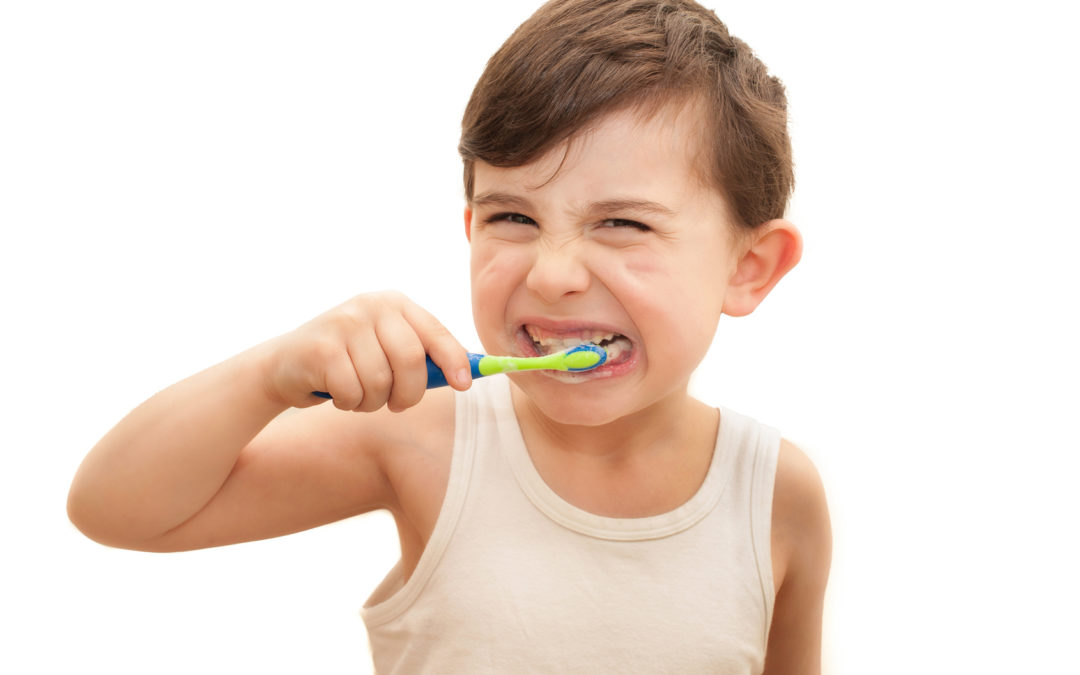Brushing and flossing your teeth is important for oral health, but it goes beyond that. Recent studies show that oral health is directly linked to your overall health.
Fluoride is another important component for preventing cavities and poor oral health. Should your kids be taking fluoride tablets and other fluoride supplements to improve their health? Keep reading to find out more.
What Is Fluoride and What Does It Do?
Fluoride is a mineral derived from the element fluorine. It’s found naturally in water, including in seawater. It’s also a nutrient, meaning that it’s an important component of healthy growth and development.
Fluoride works in a number of ways to naturally prevent cavities and tooth decay. Since the application of fluoride in dental treatment, the amount of tooth decay in patients has decreased significantly.
And with kids eating large amounts of sugar and not brushing their teeth as often or as well as adults, fluoride can help to prevent cavities from occurring and even help to reverse any damage that’s already been done.
How Does Fluoride Work?
Fluoride protects the teeth in a number of ways.
It affects the structure of teeth by making them stronger. This protects the teeth against acid and plaque, both of which can lead to cavities.
It is also able to remineralize teeth once decay has already happened. What does this mean? It means that fluoride repairs your teeth, even after plaque and acid have resulted in decay.
How Do You Get Fluoride?
Now that we know the benefits of fluoride, let’s look at how your children can get enough of it.
Water
We already mentioned that fluoride can be found naturally in water. But that is only trace amounts. How you actually get fluoride from water is from added fluoride. Most developed nations have been adding fluoride to drinking water since around the 1950s.
Water fluoridation has been extremely successful for reducing tooth decay: research shows around a 25% decrease for both adults and children.
You can also find added fluoride in water bottles if your drinking water doesn’t have added fluoride.
Toothpaste
The American Dental Association and the American Academy of Pediatric Dentistry both state the water fluoridation is an effective method for cavity prevention and tooth decay.
They also recommend the use of fluoride toothpaste twice daily. Young children only need about a pea-sized amount, and toddlers should use even less.
The Dentist
Using toothpaste and drinking supplemented water are both excellent ways for kids to get fluoride. However, the dentist can also apply it directly to their teeth with either a foam, a gel, or a type of rinse.
The dentist will fill a mouth tray with the gel or foam that you hold in in your mouth for 30 seconds to 1 minute. This type of application has a much higher fluoride concentration, so it is usually only applied at your dentist check-ups. Lower concentration methods, like toothpaste and water, must be applied regularly.
This method of fluoride application will likely only work for older children. Younger children might not be able to sit through the whole treatment. They also might swallow the rinse or gel, which is dangerous at this high concentration.
Other Fluoride Supplements
While the previously listed applications are the most common for getting fluoride, there are other options.
You can use fluoride mouthwash, which is a rinse that is swished in the mouth for 30 seconds before being spit out. This can be bought at any pharmacy, but there are also ones that you can get a prescription for from your dentist.
As with the gel and rinse the dentist uses, mouthwash rinses shouldn’t be used by young children. They could swallow the rinse, which would not only be ineffective, but also could make them very sick.
Another option would be fluoride tablets. These could be pills or lozenges, but they are strictly available by prescription. They are not widely used, but they are another effective method of getting fluoride.
Do Kids Really Need Fluoride Tablets, Rinses, Or Supplements?
There really isn’t a yes or no answer to this question. The real answer? It depends.
There are a number of factors to consider.
Water and Dental Hygiene
First would be whether you live in an area that has fluoride added to the drinking water and whether your child brushes their teeth with fluoride toothpaste. If one or both of those things apply to your child, they probably don’t need to supplement with fluoride tablets and rinses.
The Canadian Dental Association supports the use of fluoride for those who are at a high risk for cavities and tooth decay.
However, tooth decay is one of the most prevalent childhood diseases, so having mouthwash and regular dental visits can’t hurt. Studies also show that having the proper amount of fluorine during childhood helps prevent tooth decay once their permanent teeth have grown.
Bottom line is this: if your child is good about going to the dentist, brushing their teeth, and drinking fluoridated water, they are probably fine without supplements. But cavities and tooth decay do have a large effect on children, so it can’t hurt to ask your dentist about whether they recommend a fluoride supplement for your child.
Think About Your Child’s Oral Health
You should also keep in mind it will vary depending on your child. Is your child prone to cavities? Do they brush their teeth regularly and properly? The answers to the questions could push you towards asking your dentist about fluoride tablets or supplements.
Also, think about your child’s temperament. Will they fight you about taking a pill? Are they going to swallow mouthwash? Will they sit still long enough for the dentist to apply a fluoride treatment?
Consider these questions when thinking about supplementing your child’s fluoride intake.
Wrapping Up
Fluoride fights cavities and reverses decay damage. With oral health so important for your child’s well-being, doing your research on supplements is the smart thing to do.

